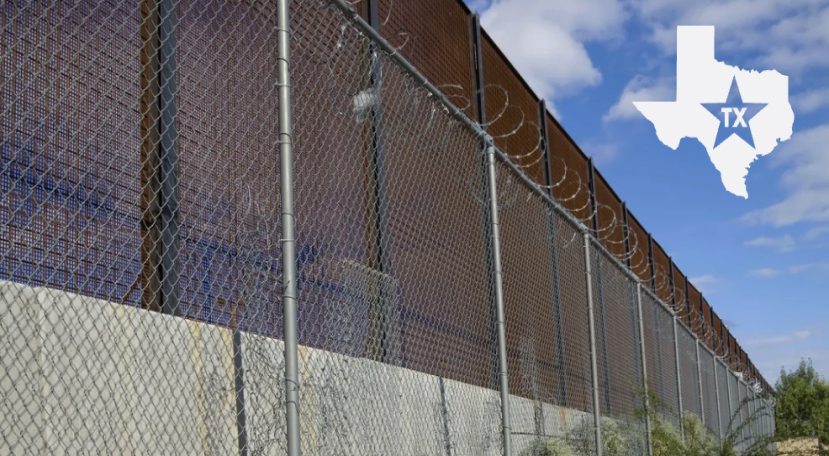Explore the legal consequences of Monsignor Fernández’s Vatican appointment on handling clergy abuse cases amidst criticism.
The Vatican’s recent appointment of Monsignor Victor Manuel Fernández to oversee doctrinal orthodoxy, including the management of sex abuse allegations, has ignited a controversy given his past dealings with abuse cases. This development highlights significant legal implications, particularly within the scope of international ecclesiastical law and the Roman Catholic Church’s internal protocols.
Key Points:
- Monsignor Fernández’s past reluctance to believe victims of clergy abuse casts doubt on his suitability for a Vatican office tasked with handling such allegations.
- The Vatican’s decision potentially impacts the legal recourse for victims seeking justice within the Church’s judicial system.
- BishopAccountability.org’s critique of the appointment underscores the tension between ecclesiastical appointments and the Church’s commitment to a zero-tolerance policy on abuse.
- The promotion of an individual with a controversial record may have broader implications for the Church’s international credibility and internal reform efforts.
- Fernández’s role in future abuse cases could set precedents affecting the Church’s global response to allegations of misconduct.
The Catholic Church, historically, operates under a unique set of canonical laws which guide its internal legal processes, including the handling of sexual abuse allegations. The appointment of a leader to the Dicastery for the Doctrine of the Faith—responsible for promulgating and enforcing these laws—directly influences how the Church adjudicates claims of abuse.
BishopAccountability.org, an organization that monitors the Church’s response to abuse, has openly criticized Fernández’s appointment due to his 2019 refusal to believe victims in the La Plata archdiocese abuse case. This decision by the Vatican poses questions regarding the balance between legal procedural trust and the perceived validation of victims’ claims within the ecclesiastical justice system.
Given the Roman Catholic Church’s status as a sovereign entity and its influence on international religious communities, the legal implications of such an appointment extend beyond the borders of any single country. Victims’ advocates and legal observers are concerned that this could set a troubling precedent, signaling a possible discrepancy between the Church’s stated zero-tolerance policy and its actions.
Furthermore, the Church’s own legal frameworks, including the processes laid out in the 2001 apostolic letter ‘Sacramentorum sanctitatis tutela’ and its subsequent amendments, are designed to ensure that allegations of sexual abuse are handled with the utmost seriousness and justice. The choice of a leader with a contentious track record in this realm could potentially undermine the efficacy and the integrity of these processes.
Critically, while the Vatican’s internal decisions are governed by canon law, they have real-world impacts on the faith community’s trust in the Church’s legal mechanisms. Victims and advocates for justice within the Church look to the Vatican for cues on its dedication to reform and its commitment to protecting the vulnerable. The handling of such sensitive roles is pivotal to this trust.
The Vatican’s appointment of Monsignor Fernández to a significant role within the doctrinal watchdog office carries significant legal and moral implications. It raises crucial questions about the Church’s adherence to its stated policies on abuse and its overall commitment to transparency and accountability. How this situation unfolds will be closely scrutinized by both legal experts and the global Catholic community, with the potential to influence the Church’s legal practices and its moral authority on the international stage.



